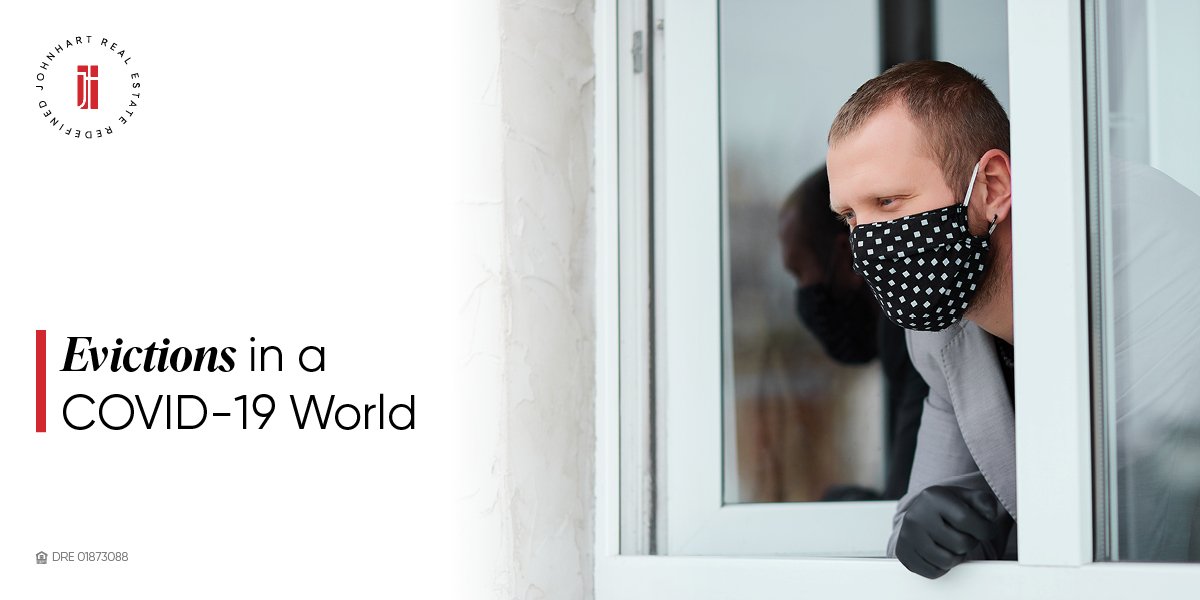
- calendar_month April 21, 2020
- folder Legal
As the COVID-19 crisis began in California, concern grew among lawmakers of potential widespread evictions due to the potential economic ramifications created by the virus. State and local governments were directing individuals to stay at home and encouraged social distancing. These state and local directives would necessarily impact businesses that relied on people to congregate and socialize.
In response, Governor Gavin Newsom issued Executive Order N-28-20, which suspended until May 31, 2020, any California state law that limited a local government’s ability to impose a moratorium or limitations on evictions resulting from or related to COVID-19.
Governor Newsom’s executive order essentially left it to local governments to decide how they wanted to deal with evictions. Following the issuance of Executive Order N-28-20, local cities and counties scrambled to pass laws or ordinance that placed a moratorium on evictions related to COVID-19.
Four days after Governor Newsom issued Executive Order N-28-20, he issued Executive Order N-33-20, which required all individuals to “Shelter in Place”. The issuance of N-28-20 was now more important than ever. After all, how would tenants be able to pay their rent if they were forced to stay home.
On March 27, 2020, Governor Newsom issued Executive Order N-37-20. The new Executive Order builds on N-28-20 and established a statewide moratorium on evictions for certain tenants. These certain tenants are defined as any individual whose inability to pay their rent is related to COVID-19.
The Executive Order states that no tenant can be evicted, provided that they do or have done the following:
Paid their rent prior to the issuance of the order
Notify their landlord in writing, before the rent is due or no more than 7 days after it is due of their need to delay the payment of some or all the rent because of a reason related to COVID-19
The COVID-19 related reason includes, but is not limited to, layoff, furlough, inability to work because of COVID-19 diagnosis or having to care for someone with COVID-19
Tenant must provide documentation verifying COVID-19 related reason
When reviewing Executive Order N-37-20, it’s important to understand that it does not impose a moratorium on all evictions in the State of California. The order is quite specific that the moratorium only applies to tenants who can provide a COVID-19 related reasons for their inability to pay rent. Evictions for criminal activity, failure to pay for a non-COVID -19 related reason, etc. can still proceed.
The moratorium is also only in place for a period of approximately 60 days or until May 31, 2020. After that time, unless another Executive Order is issued, landlords are free to commence eviction proceedings.
More importantly, a tenant is still obligated to pay rent, as the Executive Order merely places a moratorium on evictions of certain tenants. There is no rent forgiveness. In fact, if a tenant has the ability at all to pay their rent, they should. Otherwise, they will likely be evicted once the moratorium has expired.
The Executive Order is also not automatic. Tenants will have to provide notice to their landlord that they will not be able to pay some or a portion of their rent due to COVID-19. If a tenant does not provide the requisite notice, they will not enjoy the protections of the Executive Order.
In addition, tenants must provide the landlord with the requisite “verifiable” documentation to support their COVID-19 related reason. Such documentation could include medical bills, layoff or furlough notices. Landlords should be liberal with the type of documentation they accept as “verifiable”. Given the impact of COVID-19 on individuals, a Court would likely side with the tenant in any dispute regarding acceptable documentation.
Finally, Executive Order N-37-20 states that it does not supersede any local ordinance or order that imposes stricter provisions than imposed by the State. The Executive Order only establishes a minimum for the eviction moratorium, with local governments free to impose stricter guidelines. As such, it is imperative that landlords verify whether there is any local ordinance or order that impose further limitations on evictions.
Article written by in house counsel for JohnHart Real Estate: Tim Burke
